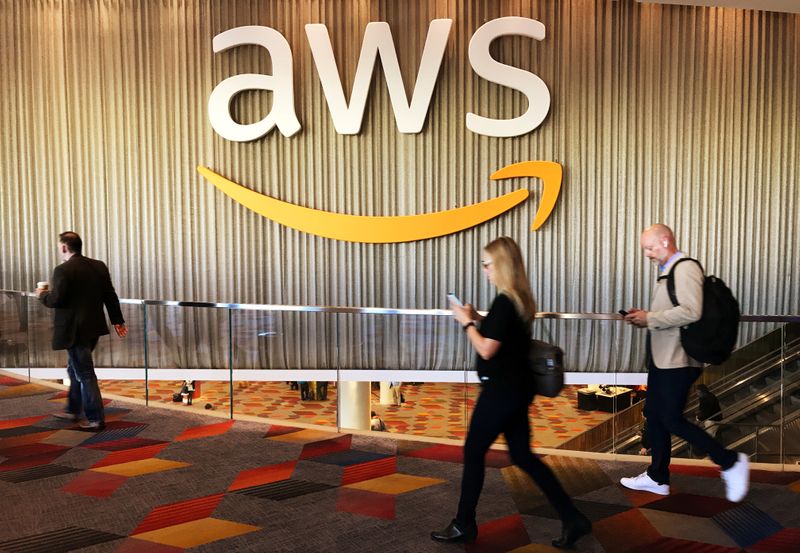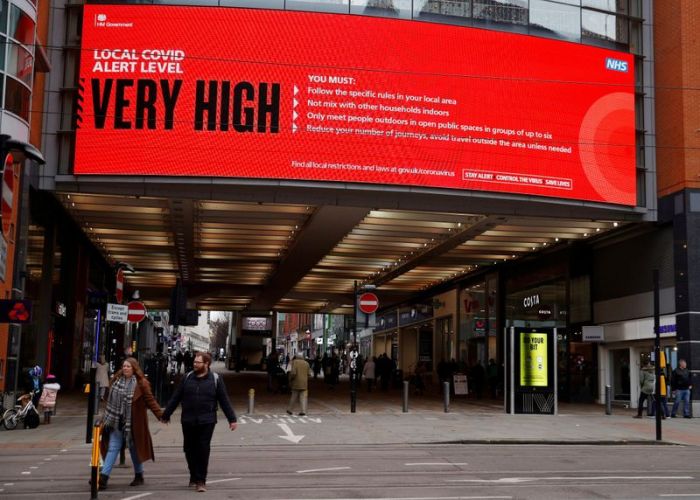(Reuters) – Amazon.com Inc on Tuesday announced voice recognition as part of a suite of call-center services for businesses, as the company sees growing demand for its cloud tools during the coronavirus pandemic.
Speaking at the company’s annual re:Invent conference, executive Andy Jassy announced Amazon Connect Voice ID, which uses machine learning software to authenticate customers who dial into call centers.
Jassy, who runs the firm’s cloud computing division Amazon Web Services, said AWS builds a voice print for customers who opt in to save time on calls. Enterprises using the service set how confident it needs to be for authentication to be automatic, or for requiring manual confirmation of a customer’s account.
Amazon is also adding a machine learning tool that helps call-center agents find answers for customers and another that help them personalize service.
The news reflects rising demand for Amazon’s cloud – and for call-center tools in particular. Jassy said COVID-19 has accelerated businesses’ cloud adoption by several years, and more than 5,000 customers turned to the Amazon Connect service for call-center help during the pandemic. U.K. grocer Morrisons is one such example.
Voice authentication is AWS’ latest work in the field of biometrics, which has attracted criticism from civil liberties advocates. Amazon in June announced a year-long moratorium on police use of its facial recognition software.
Amazon used the event to launch many unrelated products including Trainium, which targets Nvidia Corp’s core business of powerful chips to train machine learning algorithms.
Trainium will complement Amazon’s Inferentia computing chip that analyzes incoming data from platforms like its Alexa voice assistant.
Amazon also announced an equipment-monitoring system for predictive maintenance; computer vision for onsite cameras in manufacturing, construction or retail; and a query tool that lets businesses enter jargon-filled questions and have AWS suggest answers to them.
(Reporting by Munsif Vengattil in Bengaluru, Jeffrey Dastin and Stephen Nellis in San Francisco; Editing by Anil D’Silva, Alexander Smith and Cynthia Osterman)

























